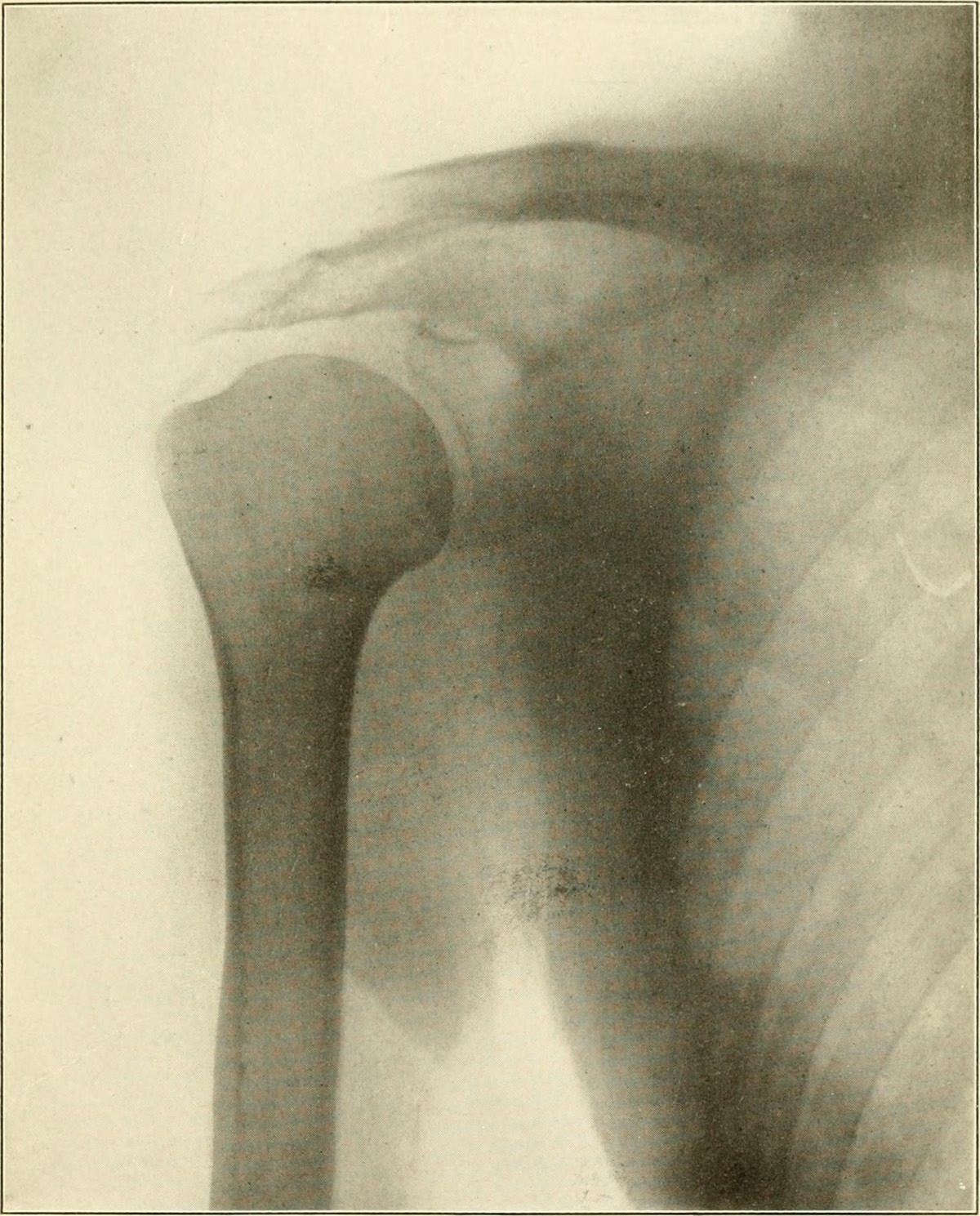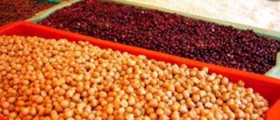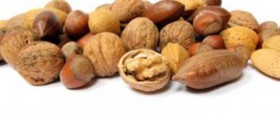
Importance of fiber
Fiber is a substance that the human body cannot digest. It has two main components, insoluble and soluble. It passes through the digestive system and it does not break down. It may seem that it has no purpose, but in fact it is very important, not only for a healthy digestive system but for the overall health too.
Fiber prevents and relieves constipation, prevents certain serious diseases, like heart disease, they keep weight and sugar levels at check, as well as triglycerides and cholesterol, and may prevent colon cancer. It is believed that regular fiber intake reduces gallstones and kidney stones.
Since fiber does not bind to vitamins and minerals, it does not reduce their absorption, and in fact it is believed that fiber improves absorption of certain minerals, especially calcium.
United States Nation Academy of Sciences recommends the intake of 20 to 35 grams of fiber per day for healthy adults.
Food sources of fiber
Fiber is found in plants, especially in their outer parts, like peels. This is why it is recommended to eat unpeeled apples, pears, etc. All fruits and vegetables contain fiber, but some of them make a better source than others.
The best sources of soluble fiber are legumes, like red, black, white and other kinds of beans, adzuki beans, lentils, soy and similar, oats, barley, rye and chia, plums, berries, bananas, apples, broccoli, carrots, root vegetables like onions and sweet potatoes, and psyllium seed husk.
Insoluble fiber is found in whole grains, wheat bran, corn bran, nuts and seeds like almonds, cashews, pecans, walnuts, hazelnuts, sesame seeds, sunflower seeds and roasted peanuts, in potato skins, flaxseed, green beans, cauliflower, zucchini, celery, bananas, avocado, and tomato peels.
According to several scientific authorities, the five best sources of fiber are legumes, bran, prunes, Asian pear and quinoa.
Rubus fruits, like raspberries and blackberries, are also an excellent source.
Fiber can also be taken in form of supplements, especially for people who have problems with chronic constipation, or who wish to lower their cholesterol levels, lose weight or prevent colon cancer.
The important thing when it comes to fiber, especially if its intake is increased in order to solve certain problems like constipation, is to take adequate amounts of water. Fiber transforms into bulk inside the intestines, and it needs water so it can pass easily. Without sufficient water, fiber can actually aggravate the constipation. Also, eating too much fiber can cause health problems, so here, like in all things, moderation is the key.

















Your thoughts on this
Loading...